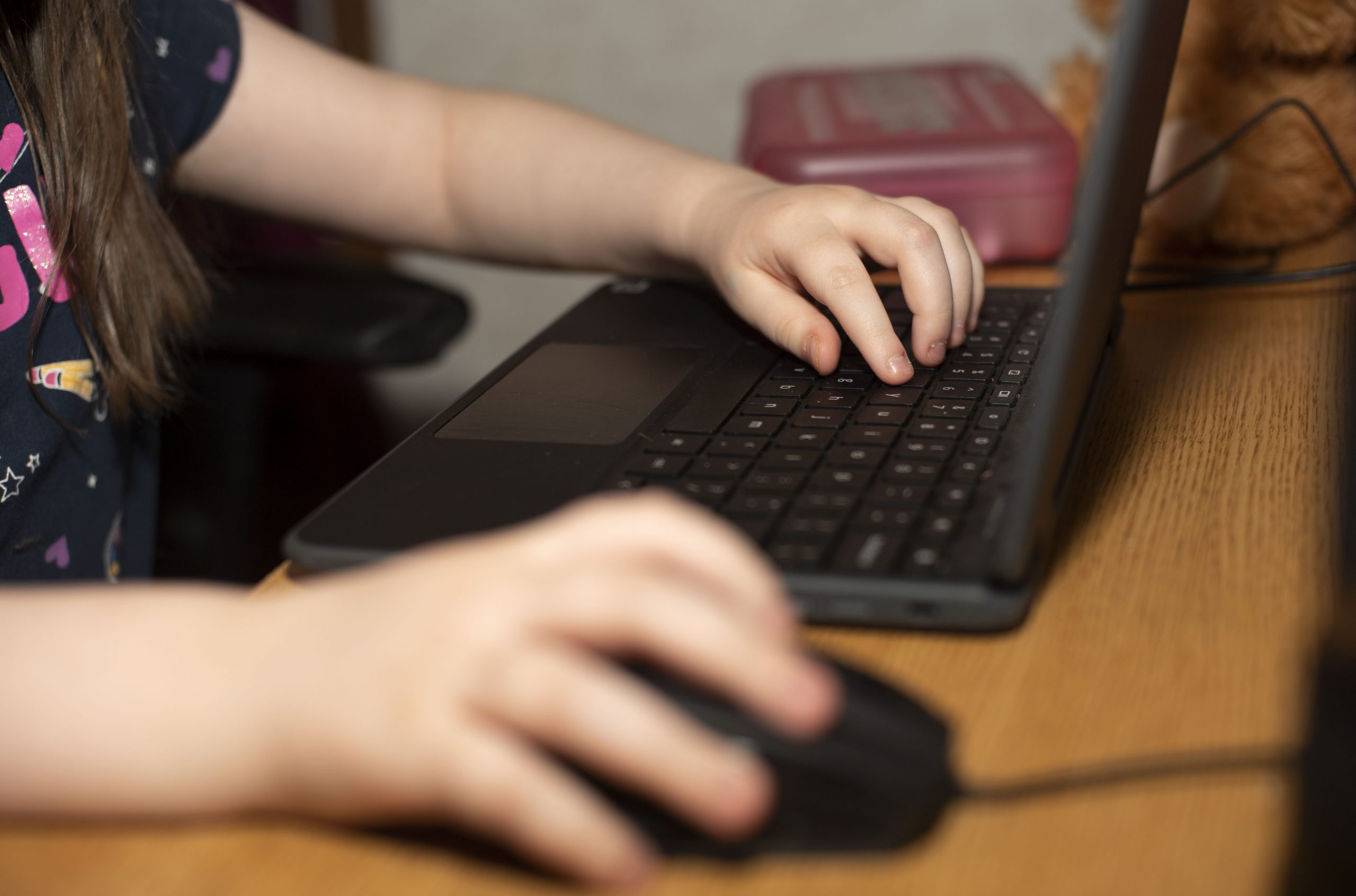
Over the past two years, hundreds of K-12 education hours were lost to COVID-19 and we are beginning to see the academic impact. But what about the emotional, social, and mental health impacts? In new research, Kate Watson and colleagues show some of the challenges students faced during the COVID-19 school closures by analyzing a nationwide survey of school social workers.
While teachers may concentrate on the academic achievement of students, school social workers focus on the emotional, social, and “other” sides of education.
Above and beyond lost classroom and learning time, COVID-19 school closings meant that children were unable to spend time with friends, attend extracurricular activities, and participate in many traditional school activities for months — and school social workers noticed.
In the survey, school social workers identified that 76% of students needed mental health services, 62% needed food, and 62% needed tutoring. Typically, these services would be coordinated and provided by the school social worker – such as placing daily food inside of backpacks of students in need of dinner after school. However, forced to stay at arm’s length, school social workers were severely limited in aiding their students’ basic needs.School social workers also shared the levels of student participation and engagement through virtual education. Strikingly, more than 80% of participants reported extremely low levels of student participation. In other words, students generally showed an extremely low level of engagement during “zooming”. Notably, students of color and students who live in poverty were even less likely to be engaged – widening inequities.
Schools have long been about more than just academic learning. Today, while COVID-19 appears to be on the retreat, society must take stock of the lessons learned and implement changes to better prepare schools and the holistic well being of children. The perspectives of school social workers, as advocates for children’s emotional, social, and holistic well being, can show us how much our society relies on schools – beyond just the academics.

Comments